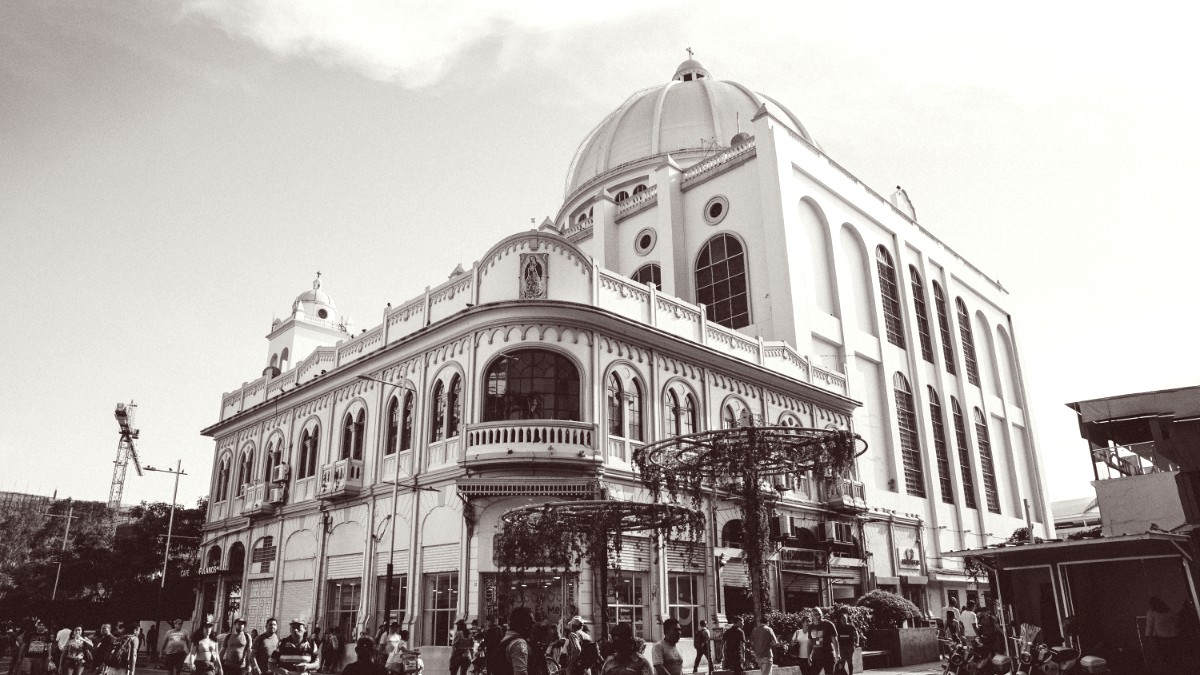
El Salvador
Main providers are Tigo, Claro, and Movistar. All have good coverage in San Salvador and most populated areas. SIM cards are available upon arrival at SAL, shopping malls, or official stores.
Wi-Fi is widely available and usually free in hotels, most restaurants, cafes, and shopping malls across San Salvador. Internet speeds are generally fine in urban areas.
Spanish is the official language. English is spoken by staff in upscale hotels, some major tour operators, and at main tourist attractions. Outside these areas, English proficiency may be limited.
Correos de El Salvador is the national postal service. International mail can be slow and unreliable for important documents.
Download offline maps for San Salvador on your phone before arriving. This allows navigation even without data or Wi-Fi.
Mon-Fri: 8:00 AM - 4:00 PM; Sat: 8:00 AM - 12:00 PM.
Mon-Sat: 9:00 AM - 6:00 PM, with a lunch break often.
Mon-Sat: 10:00 AM - 9:00 PM; Sun: 10:00 AM - 8:00 PM.
Lunch service generally runs from 12:00 PM to 3:00 PM. Dinner service starts around 6:00 PM and continues until 10:00 PM or later.
Most attractions and museums typically open Tuesday to Sunday from 9:00 AM or 10:00 AM to 4:00 PM or 5:00 PM. They are usually closed on Mondays.
Most businesses, banks, and government offices will be closed or operate with reduced hours on public holidays. Transportation may also have fewer services.
Interacting respectfully with local culture makes for a better travel experience and builds good relationships.
A handshake is common for introductions and formal greetings. Close friends and family, specifically women, may exchange a light kiss on the cheek.
T-shirts, shorts, and jeans are fine for casual sightseeing. For religious sites, cover your shoulders and knees out of respect.
It is fine to photograph public spaces and landmarks. Always ask permission before photographing individuals, especially children.
Avoid discussing politics, especially the Salvadoran Civil War, unless locals start the topic and you have a good understanding. This remains a sensitive topic.
It is advisable for travelers with visual or hearing impairments to travel with a companion or arrange for specific assistance in advance through specialized tour operators.
Infrastructure for travelers with mobility challenges is limited in San Salvador.
El Salvador's general infrastructure, especially sidewalks and public spaces, is not widely designed for easy accessibility. Sidewalks can be uneven, narrow, or obstructed.
Newer shopping malls (Multiplaza, Galerías) and modern hotels generally have more accessible infrastructure, including ramps, elevators, and accessible restrooms.
Specialized services for travelers with visual or hearing impairments are limited. It is advisable to plan accordingly.
Consult with specialized travel agencies or disability organizations that focus on travel in Central America for specific advice and recommendations.
Travelers might find particular services at the airport useful for comfort or convenience.
Access independent airport lounges with Priority Pass for frequent travelers.
Visit Priority PassReceive compensation for flight delays or cancellations through Compensair.
Visit CompensairBefore booking, contact hotels directly to ask about specific accessibility features. This helps you select accommodation that meets your needs.